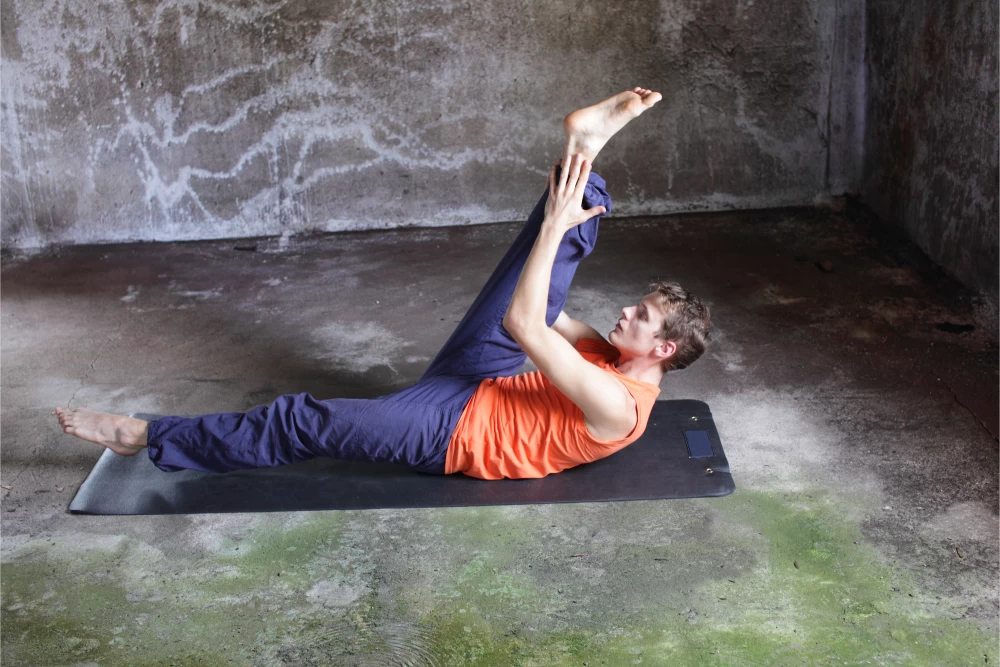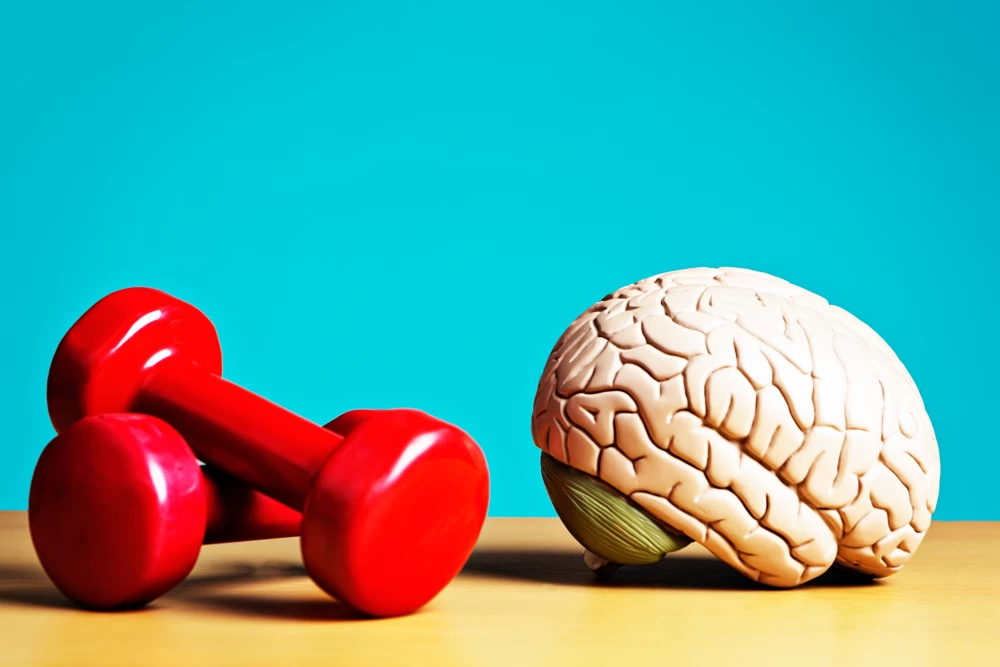
- 31st July 2023
Table of Contents
How the Brain and the Body Are Connected
A person's mental well-being can have a direct impact on their physical wellbeing due to the mind-body connection. Because of its potential impact on a person's health, it is crucial to grasp this relationship. Physical activity has been linked to psychological benefits as well.
Endorphins, our brains' natural painkillers, are released during exercise, helping us feel better immediately afterward. That's why working out tends to make individuals feel better overall. The quality of your sleep, as well as your cardiovascular health, can benefit from a regular exercise routine. Exercising mindfully, whereby one pays attention to one's actions in the here and now, is another benefit of physical activity.
By diverting our focus away from negative ideas, this can help alleviate anxiety and despair. Taking care of one's mental and physical health is equally important for a fulfilled life, as evidenced by the mind-body connection.
The Mental and Physical Gains from Exercise
Physical activity has been shown to have positive effects on mood and cognitive function. Exercising is believed to boost cardiovascular health, increase strength, and aid in weight loss. Nonetheless, exercise also has substantial effects on psychological well-being.
Physical activity is crucial in lowering stress and anxiety and raising mood. Endorphins are hormones that induce sensations of joy and contentment, and their production is stimulated during physical activity. The stress hormone cortisol is decreased by working out, which is especially helpful during times of extended emotional or physical stress. In addition, the sensation of mastery that comes from exercising regularly is a powerful confidence and self-esteem booster.
In conclusion, physical exercise has many positive effects on health and well-being. Regular moderate exercise has been shown to improve mental health, physical health, and total fitness. To gain the full benefits of increasing your activity levels, it is crucial to select activities that you enjoy doing and stick with them over time.

The Impact of Exercise on the CNS
The positive effects of exercise on the brain are just as important as the physical benefits. Consistent exercise has been shown to increase cognitive ability and mental wellness by increasing oxygen and blood flow to the brain. Endorphins, natural hormones that alleviate stress and anxiety, boost mood, and foster a general sense of well-being, are also released as a result.
Exercising has been proven to increase volume in parts of the brain that are crucial for learning, memory retention, and decision making. In addition to enhancing general cognitive performance, it has been shown to specifically boost memory and learning by promoting the growth of new connections in the hippocampus. Moreover, neurological disorders like Alzheimer's and dementia are less likely to strike those who maintain an active lifestyle.
In conclusion, a person's physical and mental health both benefit from making exercise a regular part of their routine. Engaging in regular physical activity is highly suggested to keep both the body and the mind working efficiently, since the mind-body link is critical for sustaining good overall health.
Mindfulness' Importance in Physical Activity
The mind-body connection can be strengthened through exercise, which is where mindfulness comes in. It's a method that encourages nonjudgmental awareness of one's inner experiences and a focus on the here-and-now. Mindfulness training can improve fitness performance by raising awareness of one's body's requirements and limitations.
Mindfulness has also been demonstrated to lessen stress during exercise by fostering more pleasant mental and emotional states like pleasure and contentment. As a bonus, it can boost productivity by making people more disciplined and interested in their work.
Mindful exercises, such as yoga and tai chi, can further strengthen the mind-body connection by integrating physical activity and mental focus on the breath. These techniques help people be more in the here and now by focusing on their breathing and movement. Incorporating mindful practises into workouts has been shown to boost both physical performance and emotional health.
Mindfulness-Inducing Physical Activities
Mindfulness exercises have been shown to improve psychological and physiological well-being. Yoga is a good example of an activity that might help you become more aware. Yoga teaches its practitioners to relax and be in the present through deep breathing, stretching, and meditation.
Tai chi, a low-impact practise that mixes movements with breath control, is another way to cultivate mindfulness. Studies have demonstrated that the slow, deliberate motions of tai chi increase balance and flexibility while also lowering anxiety. Another great method to practise mindfulness is to go for a walk or run outside, where you can enjoy the fresh air and connect with nature while simultaneously focusing on your breathing and movements.
In conclusion, stress levels can be lowered and mental acuity can be increased through the practise of mindfulness-based exercises as part of an exercise regimen. Those who wish to strengthen their mind-body connection through physical activity have many possibilities, including yoga and simply going for a walk outside.
Integrating Meditation into Your Daily Workout
According to Dr. Pankaj kumar, best dietician in Dwarka getting in shape and losing weight through exercise is a common goal for many people. Mindful exercise, on the other hand, has been shown to have positive effects on one's mental and emotional health as well.
Focusing on the present moment while engaging in physical activity, or "mindful exercise," has been shown to have positive effects on mental and physical health. Focusing on your breathing is one method to bring awareness into your physical activity. Actively participate in your workout by breathing deeply in through your nose and out through your mouth. Yoga and tai chi are two excellent forms of mindful exercise that place a strong emphasis on breathing in this way.
Mindful exercise also involves paying attention to how your body feels as you move. It's important to tune into bodily sensations like muscle tightness or relaxation. You can avoid hurting yourself by overdoing it and instead focus on what your body actually needs. Incorporating mindfulness into your exercise practise can help you achieve a better mental and physical state of health and fitness.














